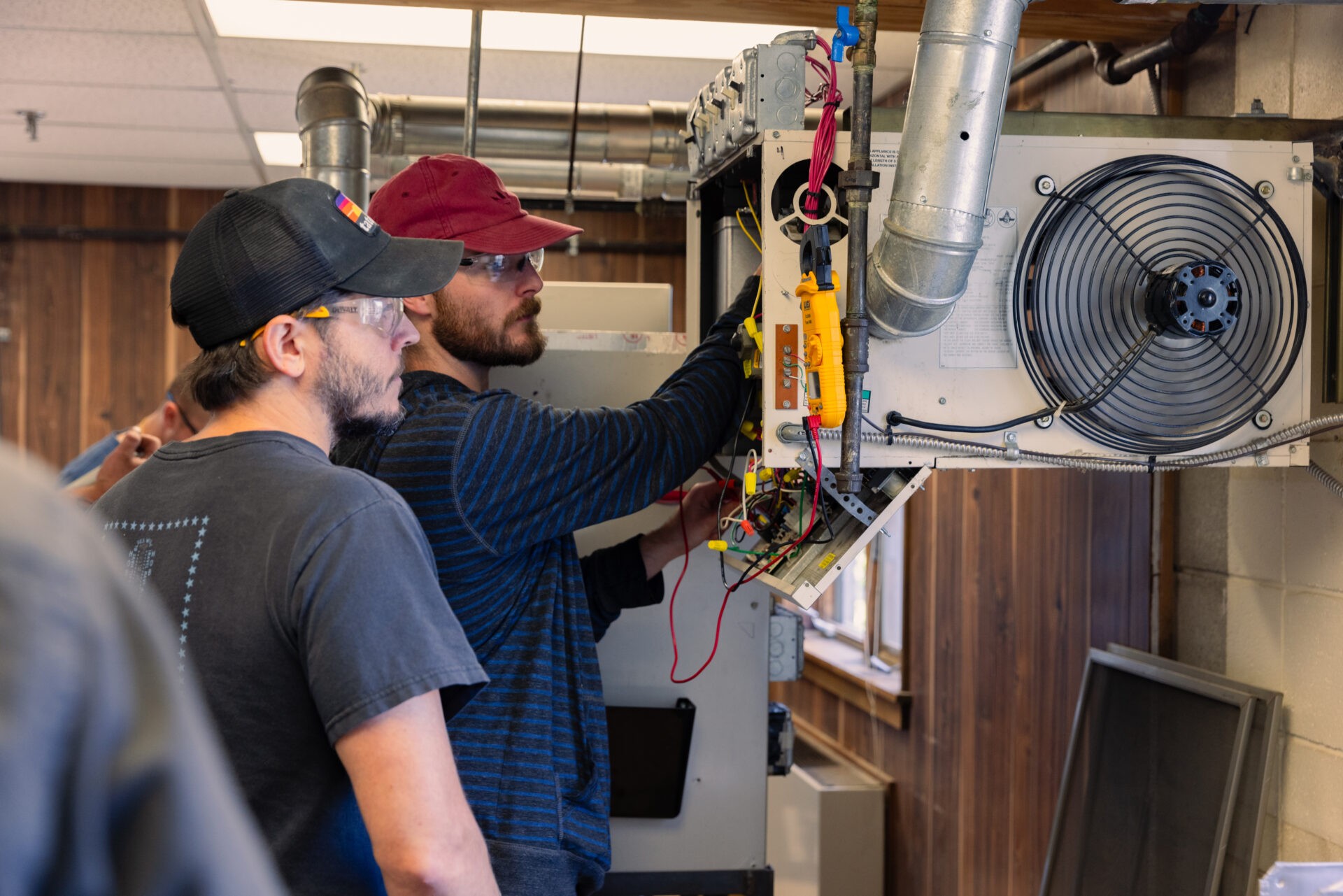Do you want a career with outstanding pay? Do you want to land that dream job or get your foot in the door without a four-year university degree?
Discover how to have the opportunity to work in a great career field with these careers that do not require a four year degree or beyond. Avoid the excessive debt associated with advanced degrees by considering some of the highest paying trade school careers.
Radiation Therapist
The radiation therapist administers radiation treatments in people with cancer or certain other diseases. Although many radiation therapists work in hospitals, some work in other settings, such as outpatient treatment centers.
Becoming a radiation therapist does not require an advanced degree. In fact, the Bureau of Labor Statistics (BLS) indicates that an entry-level radiation therapist needs only an associate’s degree.
The projected job growth for radiation therapists is 14 percent or “Much faster than average.” The median pay for radiation therapists in 2015 was $80,220.
Diagnostic Medical Sonographer and Cardiovascular Technologist
The BLS lists these two professions in one category, with a May 2015 average annual salary of $63,630. With a projected job growth of 24 percent, this is likely an ideal field to consider. The fact that becoming a diagnostic medical sonographer or cardiovascular technologist does not require a four-year or higher degree also makes these positions an attractive option. Education requirements include a postsecondary certificate or associate’s degree.
People working as diagnostic medical sonographers or cardiovascular technologists operate special imaging equipment to conduct medical tests ordered by physicians.
Web Developer
A web developer designs and creates websites and is responsible for technical aspects of each site they develop. Some web developers choose to work in various on the job industries while others choose to remain self-employed.
Prospective web developers can take into account that job growth for web developers is 27 percent over the next 10 years, much faster than average job growth for some other career positions. At a median annual salary of $64,970, becoming a web developer, which usually requires no more than an associate’s degree, is likely an option for some individuals who want to work in the computer systems design field.

HVAC/R
Heating, Ventilation, Air Conditioning, and Refrigeration (HVAC/R) involves troubleshooting problems, repairing and installing HVAC and refrigeration systems, and maintaining them. This is a more labor-intensive trade skill than the others previously mentioned but it’s just as rewarding, with an annual entry-level salary of around $40,000 and a projected growth in the field of 14% by 2024.
Certification can be achieved in as little as 7 months or 2 years for an associates degree. Most programs offer or require a paid apprenticeship or on-the-job training, which makes the HVAC/R field a financially secure profession that you could quickly get into.
Electrician
After graduating high school, many prospective electricians attend trade school for their education and then undergo an on-the-job apprenticeship. Depending upon the specific employer, electricians work in both indoor and outdoor locations.
The 2015 median pay for electricians, most of who work full-time, was $51,880. The 2014 through 2024 job growth outlook for electricians is 14 percent, “Much faster than average.”
Plumbers, pipe-fitters and steamfitters.
Like the electrician, some individuals looking forward to a career as a plumber, pipe fitter or steamfitter complete trade school before going through the on-the-job apprenticeship. Gaining the knowledge provided in a trade school potentially gives an edge to those prospective employees over those who attempt to find a job straight out of high school.
Plumbers, pipe-fitters and steamfitters work in a variety of settings, installing and repairing pipes carrying liquids or gases to, from or within homes, factories and other businesses.
The median salary is $50,620 or an average hourly wage of $24.34. The projected job growth for these industries is “Faster than average.”

Computer Support Specialist
Computer support specialists often enjoy hours other than the typical 9 to 5 job. Computer support specialists often have hours throughout a 24 hour day. This career does potentially require working some nights and weekends. However, with above average job growth projections, the computer support specialist is an ideal position for those not wanting to take on the commitment and high costs of a four year degree. The median salary in 2015 was $51,470.
Physical Therapist Assistant or Aide
The physical therapist assistant and aides industry expects has one of the highest job growth projections, with an expected 2014 through 2024 projected growth of 40 percent. With a median salary of $42,980 and working under the physical therapist, PTAs help patients regain movement and manage their pain in a physical therapy setting.
Physical therapist aides have at least a high school diploma while physical therapist assistants typically have an associate’s degree from an accredited program.
Interesting in getting started into one of these careers? Contact us to learn more.








